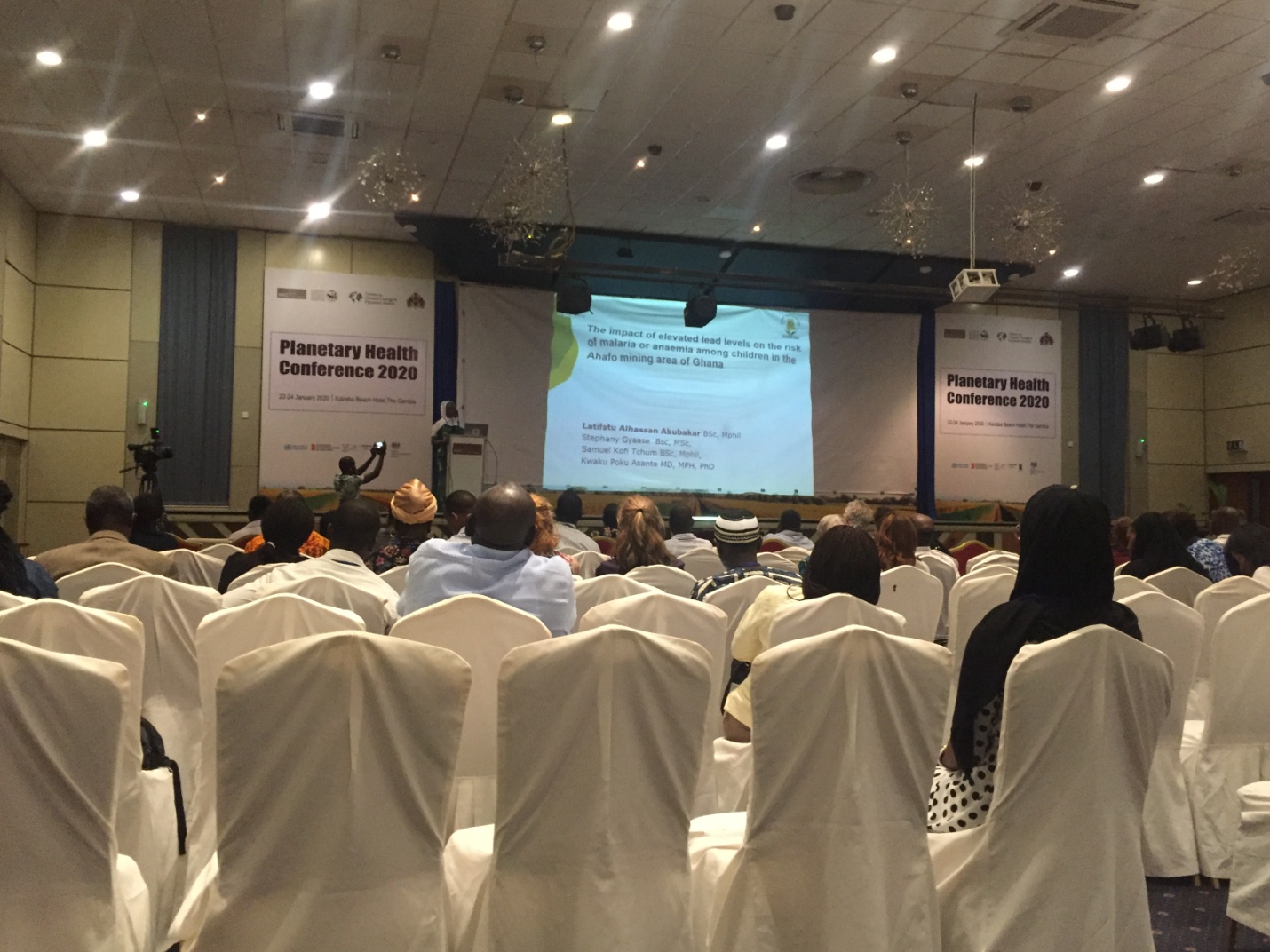By: Awa k. Sanneh
National Assembly select committee on health, women, disaster, humanitarian relief and refugee has tabled copies of the births, deaths and marriages registration amendment bill 2020 to members of the parliament.
Tabling the bill, Honorable Ousman Sillah, chairperson of the committee said: “on the 22nd June 2020 by the Attorney General and Minister of Justice the National Assembly read aloud the short title which was deemed to be the first reading in accordance with standing order 65 of the National Assembly revised edition 2019.
“In accordance with standing orders 68 (2), 69 (1), and (2), 97 (1) and (3) (b), the select committee on health, women, children, disaster, humanitarian relief and refugees was tasked to review, consult and report to the plenary its findings and recommendations on the draft women’s (Amendment) Bill, 2020.”
He said that an act to review, amend and repeal the provisions of the birth, deaths and marriages registration Act found to be discriminatory against women and girls in the Gambia in furtherance of the Gambia’s international obligations and in line with the constitution and for connected matters.
He also said that the parent of a child shall, within thirty days after the birth of the child, give notice of the birth either verbally or in writing to registrar or deputy registrar of the district or place in which the birth occurred.
According to him, if a person who fails to comply with it will commit an offence and is liable on conviction, to a fine not exceeding five hundred dalasi or in default of payment of the fine to imprisonment without hard labour, for a term not exceeding one month.
“This amendment is the first of its kind in Africa for being the trail blazer for the recognition, observance and the domestication of international obligations and commitment relating to women’s rights into domestic laws. Since the enactment of the women’s act 2010, significant strides have been made to enforce the law and to protect women in line with the provisions of the act,” he said.




